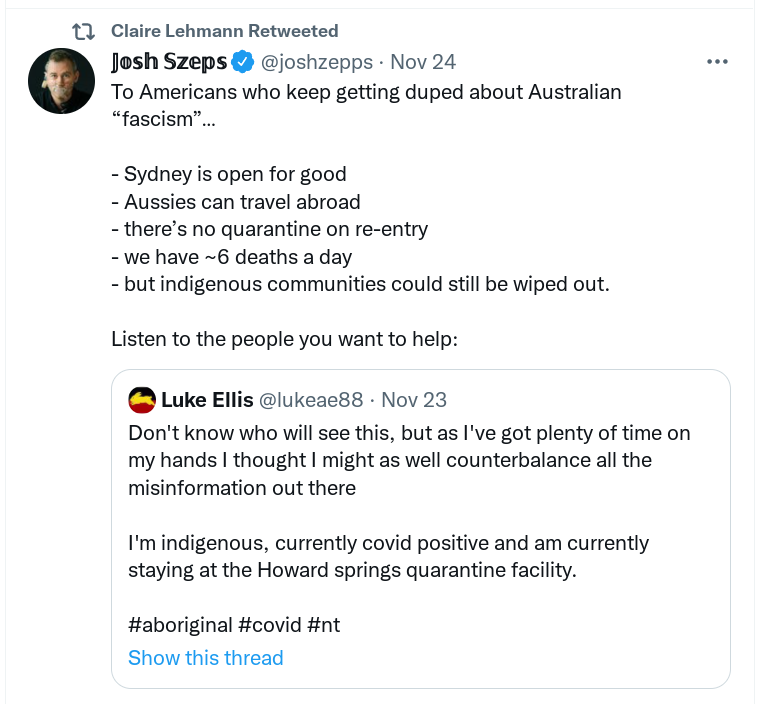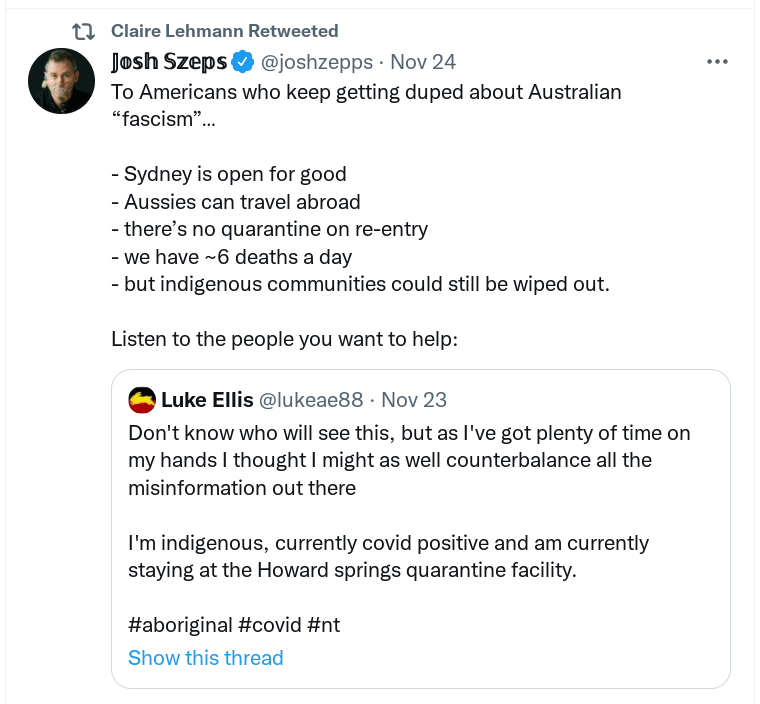
1/
When a problem reoccurs several times in short time, you have a process problem. If the organization is sizable, it needs an external consultant to channel the already-existing knowledge through decisionmakers to execution.
When a problem reoccurs several times in short time, you have a process problem. If the organization is sizable, it needs an external consultant to channel the already-existing knowledge through decisionmakers to execution.
2/
"but the consultants are expensive"
Consultants provide service that is nigh impossible to keep & foster in-house:
they enable the middle managers to make an about-face without losing face.
Moreover, the *strength* of their influence is proportional to the budget.
"but the consultants are expensive"
Consultants provide service that is nigh impossible to keep & foster in-house:
they enable the middle managers to make an about-face without losing face.
Moreover, the *strength* of their influence is proportional to the budget.
3/
The consultants find & extract knowledge and ability to fix that is already present in the organization, and then re-frame it from "a hare-brained and expensive idea" to "everybody does it as the best practice".
The consultants find & extract knowledge and ability to fix that is already present in the organization, and then re-frame it from "a hare-brained and expensive idea" to "everybody does it as the best practice".
4/
It bears emphasizing: consultants perform a cultural, communications and knowledge handling service, to enable the middle manager to do the right thing.
Consulting is primarily a cultural service - helping middle managers with PR, both external and internal.
It bears emphasizing: consultants perform a cultural, communications and knowledge handling service, to enable the middle manager to do the right thing.
Consulting is primarily a cultural service - helping middle managers with PR, both external and internal.
5/
"High budget = efficacy" and also "highly independent from middle-managers" makes it night impossible to maintain consultant staff in-house. At the very least you'd need to fly in staff from another campus or even continent. Possibly staffers of C-level officers.
"High budget = efficacy" and also "highly independent from middle-managers" makes it night impossible to maintain consultant staff in-house. At the very least you'd need to fly in staff from another campus or even continent. Possibly staffers of C-level officers.
6/
Incidentally the government does an older variant of consulting work, if a bit forcibly. In particular the judicial branch, and various regulatory agencies of the executive branch.
This of course is the most expensive consulting service you can get. Except...
Incidentally the government does an older variant of consulting work, if a bit forcibly. In particular the judicial branch, and various regulatory agencies of the executive branch.
This of course is the most expensive consulting service you can get. Except...
7/
...Except the opinionmaking class (mostly the media) also got in on the consulting action. Their billable hour is cheap - can even be $0 - but they surely extract value from your *reputation & social standing*. Few orgs can survive a hefty bill of reputation & social standing.
...Except the opinionmaking class (mostly the media) also got in on the consulting action. Their billable hour is cheap - can even be $0 - but they surely extract value from your *reputation & social standing*. Few orgs can survive a hefty bill of reputation & social standing.
8/
Wrapping up: consulting good and productive, in particular for large organizations, where middle managers abound.
That's also one of the reasons the gov & the opinionmakers prefer to deal with large orgs - they can fully exert their power, at the middle management level.
Wrapping up: consulting good and productive, in particular for large organizations, where middle managers abound.
That's also one of the reasons the gov & the opinionmakers prefer to deal with large orgs - they can fully exert their power, at the middle management level.
• • •
Missing some Tweet in this thread? You can try to
force a refresh















